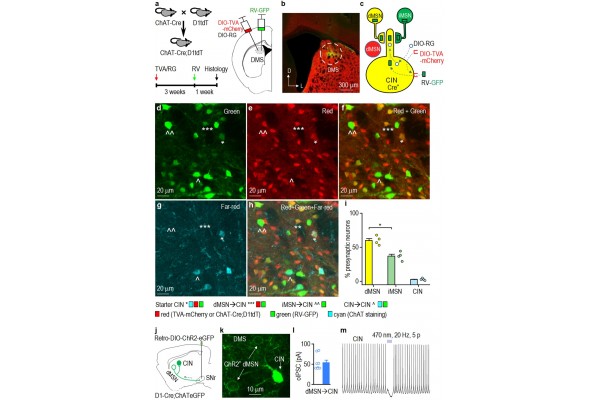Substance Use Linked to Long-lasting Brain Changes, Cognitive Decline
July 11, 2023
Source: drugdu
 264
264

An estimated 50 million individuals in the United States struggle with the challenges of cocaine or alcohol use disorders, according to the National Institutes of Health (NIH). Beyond the well-documented health risks, addiction to these substances detrimentally affects our cognitive flexibility, which is the ability to adapt and switch between different tasks or strategies. Although previous research has hinted at this connection, the underlying reasons for this cognitive impairment remain elusive.
Cognitive flexibility is a crucial element in various domains of our life, including academic achievement, employment success and transitioning into adulthood. As we age, this flexibility plays an important role in mitigating cognitive decline. A deficiency in cognitive flexibility, however, is linked to academic deficits and a lower quality of life.
A study led by Dr. Jun Wang, associate professor in the Department of Neuroscience and Experimental Therapeutics at the Texas A&M University School of Medicine, provides new insight into the damaging impact that chronic cocaine or alcohol use has on cognitive flexibility.
The research, published in the journal of Nature Communications, emphasizes the role of the local inhibitory brain circuit in mediating the negative effects of substance use on cognitive flexibility.
Substance use influences a specific group of neurons called striatal direct-pathway medium spiny neurons (dMSNs), with projections to a part of the brain known as the substantia nigra pars reticulata (SNr). Conversely, cognitive flexibility is facilitated by striatal cholinergic interneurons (CINs), which receive potent inhibitory signals from the striatum.
"Our hypothesis was that increased dMSN activity from substance use inhibits CINs, leading to a reduction in cognitive flexibility," Wang said.
"Our research confirms that substance use induces long-lasting changes in the inhibitory communication between dMSNs and CINs, consequently dampening l ,cognitive flexibility. Furthermore, the dMSN-to-SNr brain circuit reinforces drug and alcohol use, while the associated collateral dMSN-to-CIN pathway hinders cognitive flexibility. Thus, our study provides new insights into the brain circuitry involved in the impairment of cognitive flexibility due to substance use."
Journal information: Nature Communications
By editorRead more on
- The first subject has been dosed in the Phase I clinical trial of Yuandong Bio’s EP-0210 monoclonal antibody injection. February 10, 2026
- Clinical trial of recombinant herpes zoster ZFA01 adjuvant vaccine (CHO cells) approved February 10, 2026
- Heyu Pharmaceuticals’ FGFR4 inhibitor ipagoglottinib has received Fast Track designation from the FDA for the treatment of advanced HCC patients with FGF19 overexpression who have been treated with ICIs and mTKIs. February 10, 2026
- Sanofi’s “Rilzabrutinib” has been recognized as a Breakthrough Therapy in the United States and an Orphan Drug in Japan, and has applied for marketing approval in China. February 10, 2026
- Domestically developed blockbuster ADC approved for new indication February 10, 2026
your submission has already been received.
OK
Subscribe
Please enter a valid Email address!
Submit
The most relevant industry news & insight will be sent to you every two weeks.



